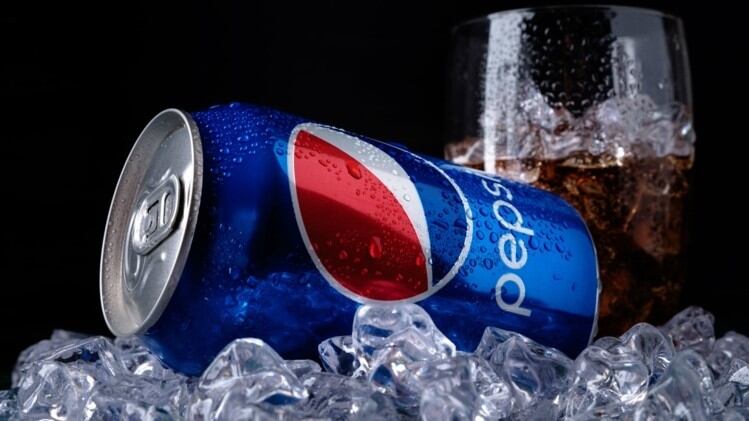PepsiCo announced an overarching transformation strategy dubbed pep+ (PepsiCo Positive) in September last year, covering three key pillars - Positive Agriculture, Positive Value Chain, and Positive Choices.
Within these, for the Middle East and Asian markets, the firm believes that three major sustainability priorities that need to be addressed are food security, healthier products and packaging.
“Within the Africa, Middle East And South Asia (AMESA) region, we are very committed to circular packaging and have launched collection and recycling partnerships across seven countries which have to dare seen more than 107,000 tons of plastics collected and recycled and diverted from landfill,” Chief Executive Officer AMESA PepsiCo Eugene Willemson told FoodNavigator-Asia.
“There has also been very deliberate focus placed on reducing our packaging footprint here - , [for instance] we are supporting ‘Dubai Can’, a sustainability initiative led by the Crown Prince of Dubai, to minimise the global environmental impact by reducing single-use plastic pollution.
“Here, PepsiCo has partnered with Dubai Tourism to provide an innovative platform for drinking water through the Aquafina Water Station, encouraging a culture of refill and reuse [and] we have set aggressive targets for recycling, heavily invested in reinventing packaging materials as well as related innovation, contributed to advancing public infrastructure and building awareness within the community.
“The other major area is to [make products healthier] and for this we are designing our product innovation from a ‘Sustainable from the Start’ perspective, [which means] an increased focus on innovative techniques [that also help] our portfolio evolve to meet our consumers’ increasingly varied requirements – this includes reduced sodium and saturated fat, as well as new Low and No Cal products like Pepsi Max flavours to provide more choices to our consumers.”
For Asia, Willemson stressed that food security and sustainable sourcing have been a long-time focus for the firm in markets such as India, where it has invested a great deal into technology and expertise to improve the production of crops such as potatoes over the past 30 years.
“Densely populated markets such as India [would benefit most] from sustainable sourcing and training programmes, [which is where] PepsiCo has been focusing our efforts over the past several decades,” he said.
“PepsiCo India was the pioneer in collaborative potato farming and today runs several programmes such as sustainable farming, direct seeding of rice, drip irrigation and more, impacting over 27,000 farmers across 14 states in the country.
“100% of the potatoes for Lay’s and Uncle Chipps are sourced from farmers in India [and] PepsiCo is one of the largest buyers of chip grade potatoes in the country today.”
“The PepsiCo Foundation is also investing US$3mn in partnership with WaterAid to provide safe water access for sourcing geographies in India.”
Although India has received the bulk of attention for this thus far, Willemson added that the firm is well aware that food security is also a major concern in the Middle East, particularly in the wake of the COVID-19 pandemic.
“Given the lack of water we have in the [GCC] region and the arid climate, we need to find ways to be more secure in a way that keeps us sufficient to feed our populations without relying on exports,” he said.
“Factors like weather conditions, local climate change impact, community awareness, etc. do tend to influence the nature of sustainability initiatives that we launch to ensure relevance [but in general] we believe this can be done by finding new innovative ways to grow food, with less water and little soil.”
COVID-19 and sustainability
Willemson also believes the advent of COVID-19 has greatly accelerated consumer awareness not just with regard to healthier consumption habits, but also the need to prioritise sustainability within the food sector.
“Now more than ever, consumers are acutely aware of the interconnected nature of our global food system—its impact on our planet, its support for our communities and its ability to provide nourishment for billions of people across the world,” he said.
“The COVID-19 pandemic has exacerbated challenges [such as] climate change impacts on soil and highlighted our vulnerability to extreme events, [as well as cast light on] the inequalities that underlie much of our food system and our society.
“Our consumers are demanding new products that are more sustainable and made with minimal impact on the environment, [so we know we need] to transform the way we create shared value for them.”



